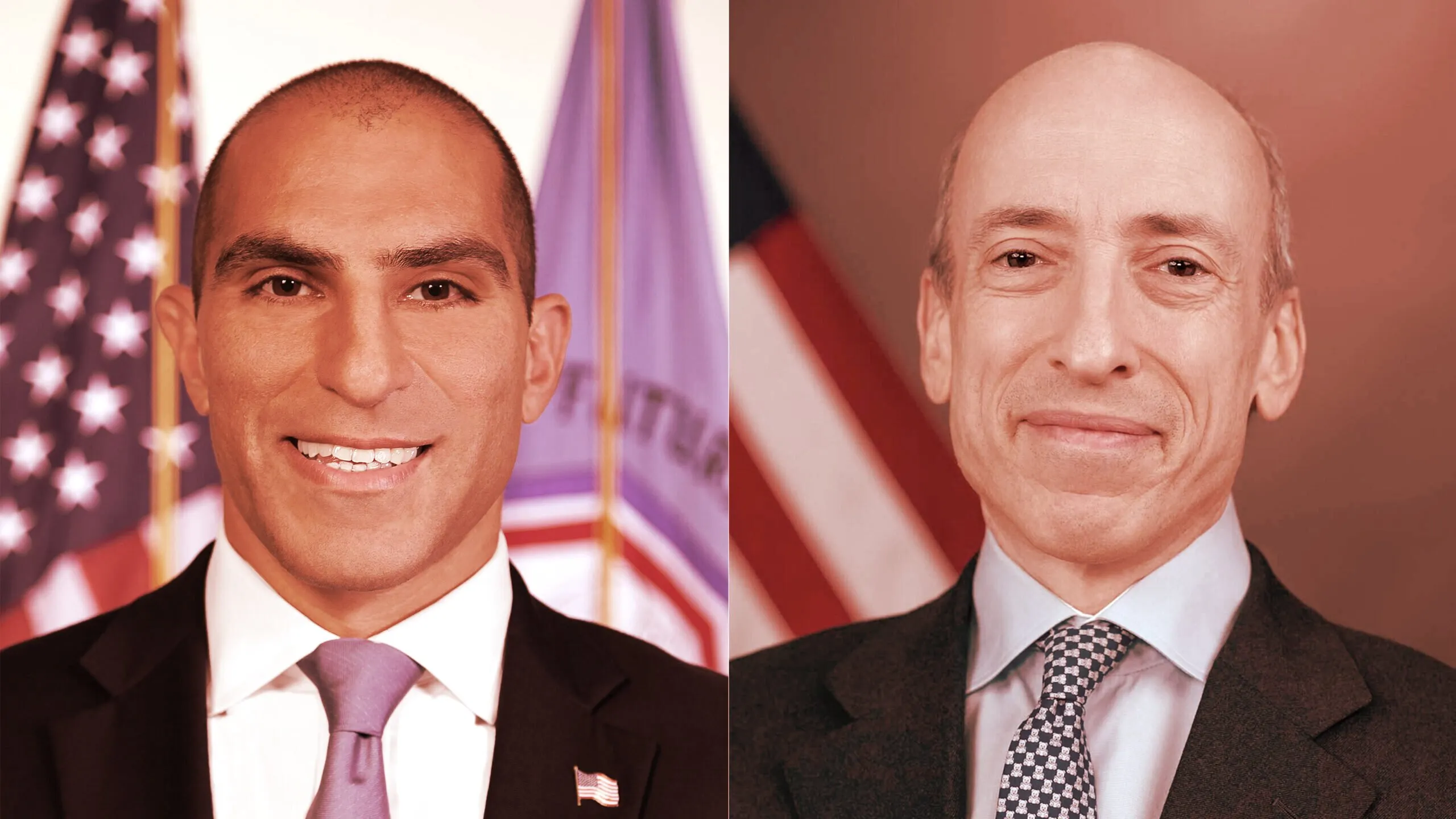The chairman of the Commodities and Futures Trading Commission (CFTC) has taken a firm stance against the Security and Exchange Commission (SEC)’s subtle power creep over the digital asset market.
Rostin Behnam told the Senate Agriculture Committee on Wednesday that Ethereum, the second-largest cryptocurrency next to Bitcoin, is a commodity.
“It’s been listed on CFTC exchanges for quite some time, and for that reason,” said Behnam, who argued that it creates a “direct jurisdictional hook” for the agency to police both ETH’s derivatives market and underlying market.
His opinion appears to directly contradict that of SEC chairman Gary Gensler, who argued last month that “everything other than Bitcoin” falls under securities laws. While not naming any names, the chairman has hinted many times that this would include Ethereum—especially after the network transitioned to a proof of stake consensus mechanism.
Under the Howey Test, a security counts as an asset sold to raise money from the public, from which they expect profits based on the efforts of others. Gensler’s own words reinforced this in January 2022. However, under the securities act, the definition can be much broader.
Comments in late November suggested that Behnam had come to agree with the SEC chief that Ethereum fell under this umbrella, but his argument Wednesday shows that he is standing by his long-held position that there’s room for more than one crypto commodity.
“We would not have allowed the Ether futures product to be listed on a CFTC exchange if we did not feel strongly that it was a commodity asset,” he elaborated, stating that his agency has “serious legal defences” to support their case.
The regulatory chiefs also disagree on stablecoins. While the SEC recently threatened to sue Paxos for issuing BUSD as an unregistered security, Behnam believes stablecoins should be considered commodities—absent any legislation to claim otherwise.
Behnam cited an investigation into Tether during a 2021 lawsuit, after which Tether agreed to pay over $40 million to settle charges that it had lied about its dollar reserves.
“Examining the circumstances around the Tether case, it was clear to our enforcement team and the commission that the Tether stablecoin was a commodity, and that we needed to move forward, and swiftly, to police that market,” he said.

